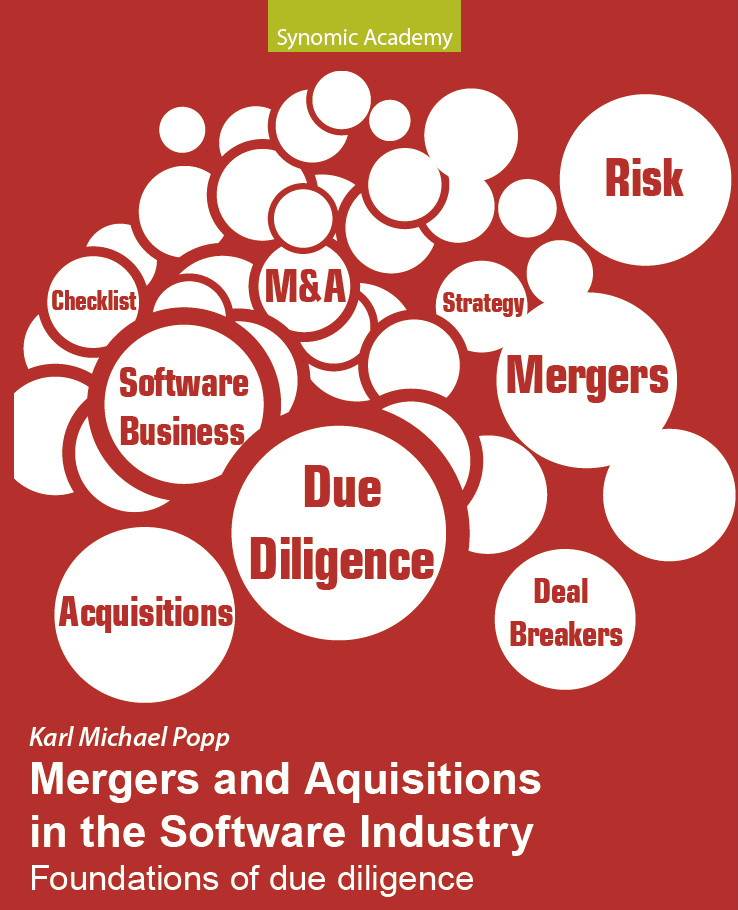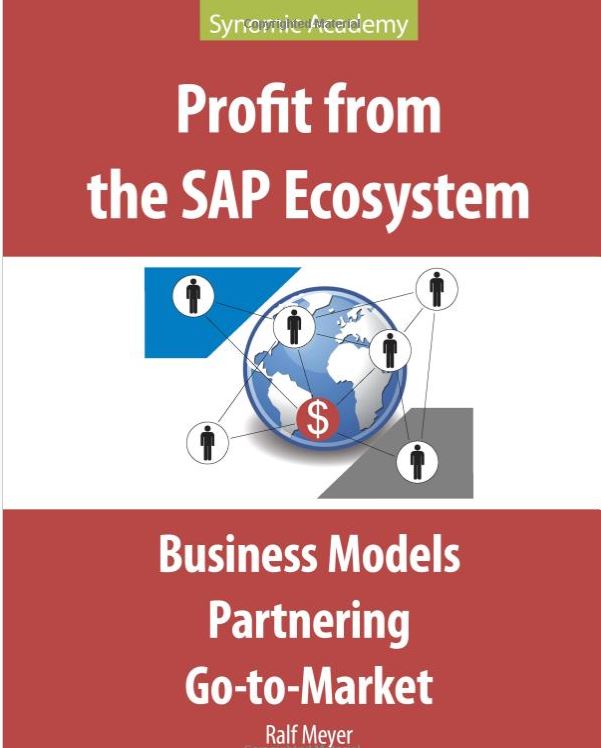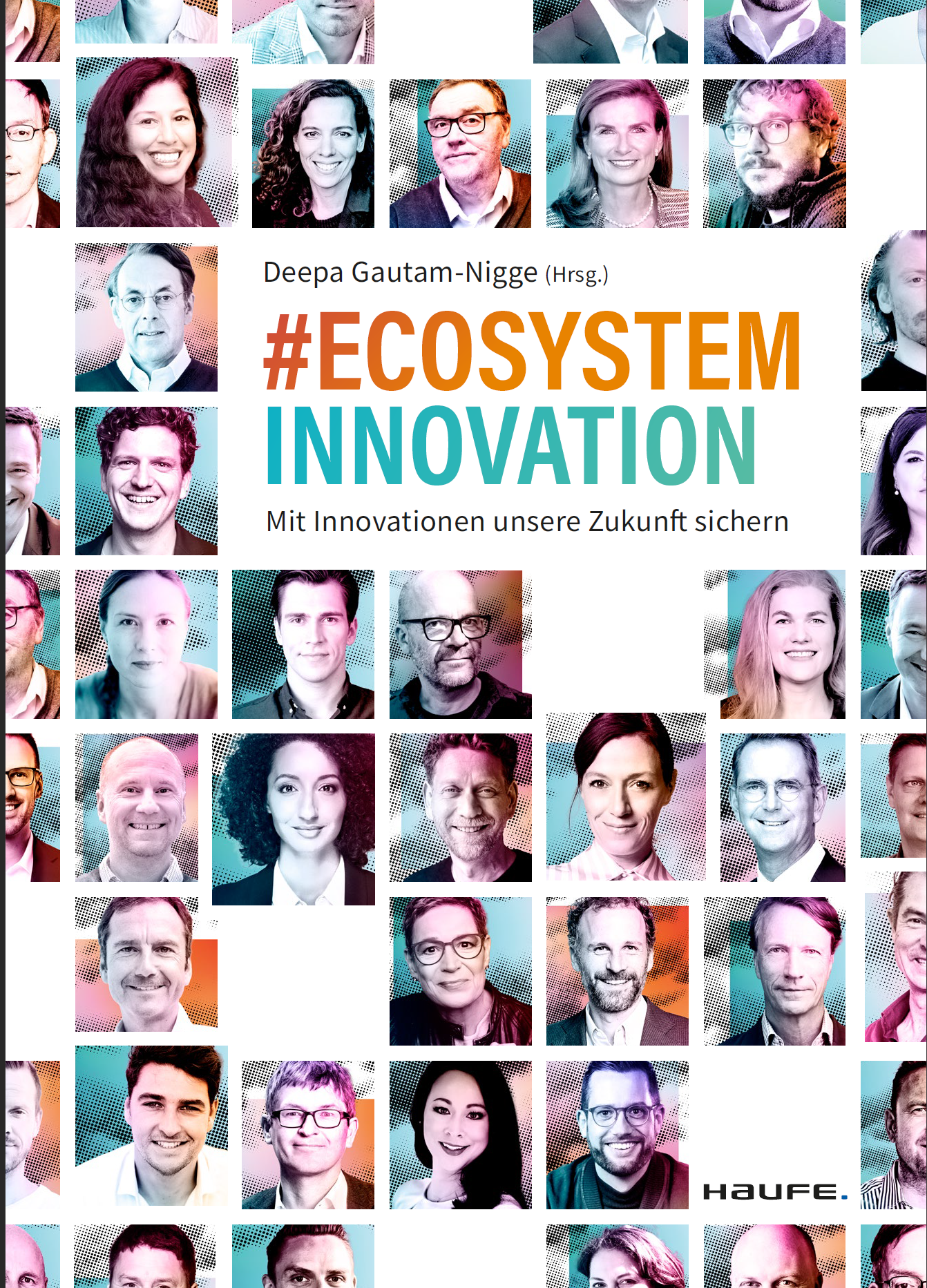Standardizing the M&A tools markets with APIs
This blog is in the Top 25 M&A blogs worldwide according to Feedspot.
In today's fast-paced and interconnected world, standardizing markets is essential for fostering competition and innovation. One powerful tool for achieving this standardization is through the use of Application Programming Interfaces (APIs). APIs play a crucial role in creating a level playing field for businesses and enabling seamless interaction between different market players.
The market for tools in the M&A space is immature. All players in this market have issues with the market situation as follows.
M&A professionals have the following issues:
They have issues determining which parts of the M&A process shall and can be automated.
The tool landscape is fragmented and untransparent. It is hard for practitioners to tell which tools exist and which tasks in the M&A process are being automated.
Most tools for M&A are not integrated into each other. This leads to automation islands, which are disjoint.
A data model for the M&A process is missing leading to issues when trying to define the data that shall be part of the automation.
M&A advisers and consultants have the following issues:
They are facing an enormous pressure to automate their tasks.
Integration of tools is key, but the tools are not integrated, so relieve of the automation pressure is not easily achieved.
Results of adviser and consultant activity are mostly unstructured documents and cannot easily be integrated into the acquirer´s application systems.
M&A tool vendors have the following challenges:
They must structure unstructured data to extract semantic data and to analyze the content of documents.
They must collect and analyze structured data but the structures are not standardized.
They could leverage ecosystems of collaborating tool vendors, but the interfaces and APIs between these tools are not standardized.
So, can APIs help to improve this situation? Here are three key ways in which APIs can revolutionize market standardization:
1. Streamlining Data Exchange: By providing a standardized means of transmitting and accessing data, APIs can significantly enhance the efficiency and accuracy of information exchange within markets. This not only reduces operational friction but also promotes transparency and trust among market participants.
2. Facilitating Interoperability: APIs enable diverse systems and platforms to seamlessly communicate and collaborate, fostering interoperability across different market players. This paves the way for increased competition and innovation, as well as the creation of new and improved services that benefit both businesses and consumers.
3. Enhancing Regulatory Compliance: Through API-driven data sharing and reporting capabilities, regulatory compliance can be streamlined and standardized across markets. This not only simplifies the adherence to industry standards and regulations but also promotes fair competition and accountability.
In conclusion, the integration of APIs into market ecosystems offers a transformative path towards standardization, fostering healthy competition, innovation, and transparency. Embracing the power of APIs is an integral step towards shaping vibrant and standardized markets that benefit businesses, consumers, and the overall economy.
Now, continue to
Aggregator business models: what are the key advantages?
Aggregator business models: Ten aggregator company examples
Like my thoughts? READ MY NEW BOOK
ORDER AT AMAZON
ORDER IN GERMANY









